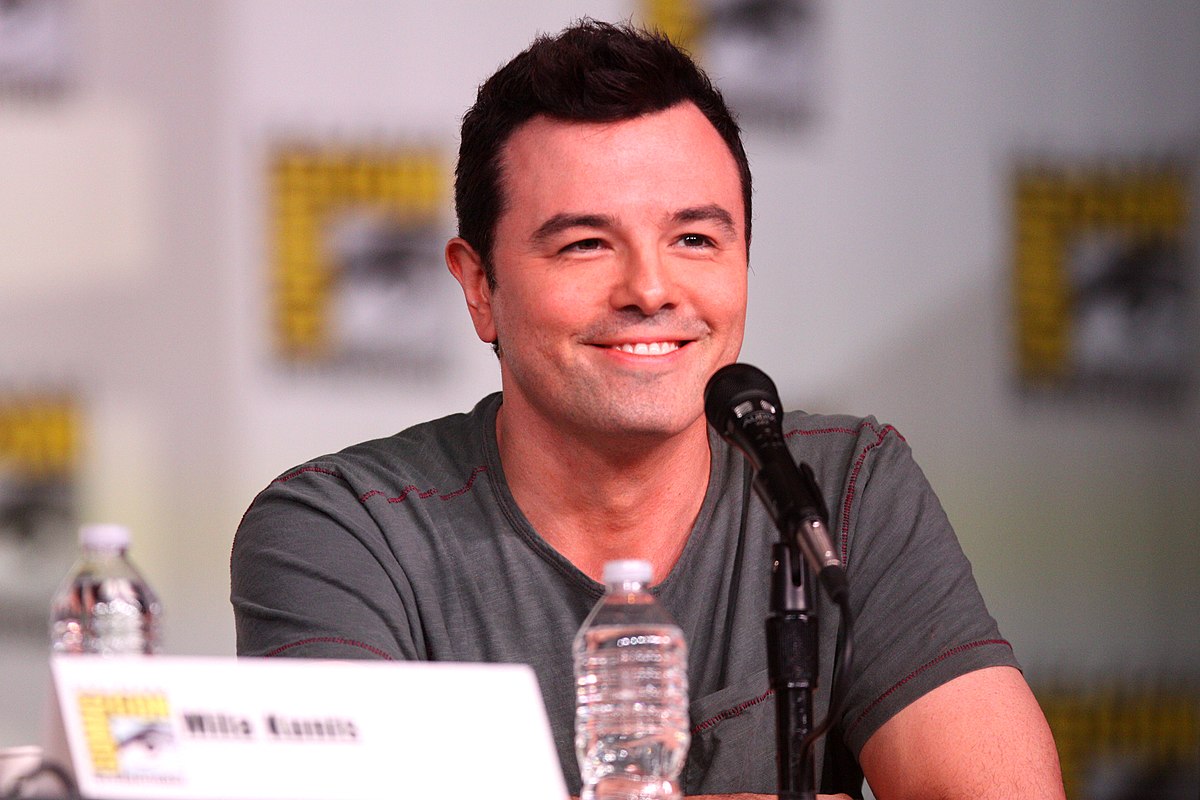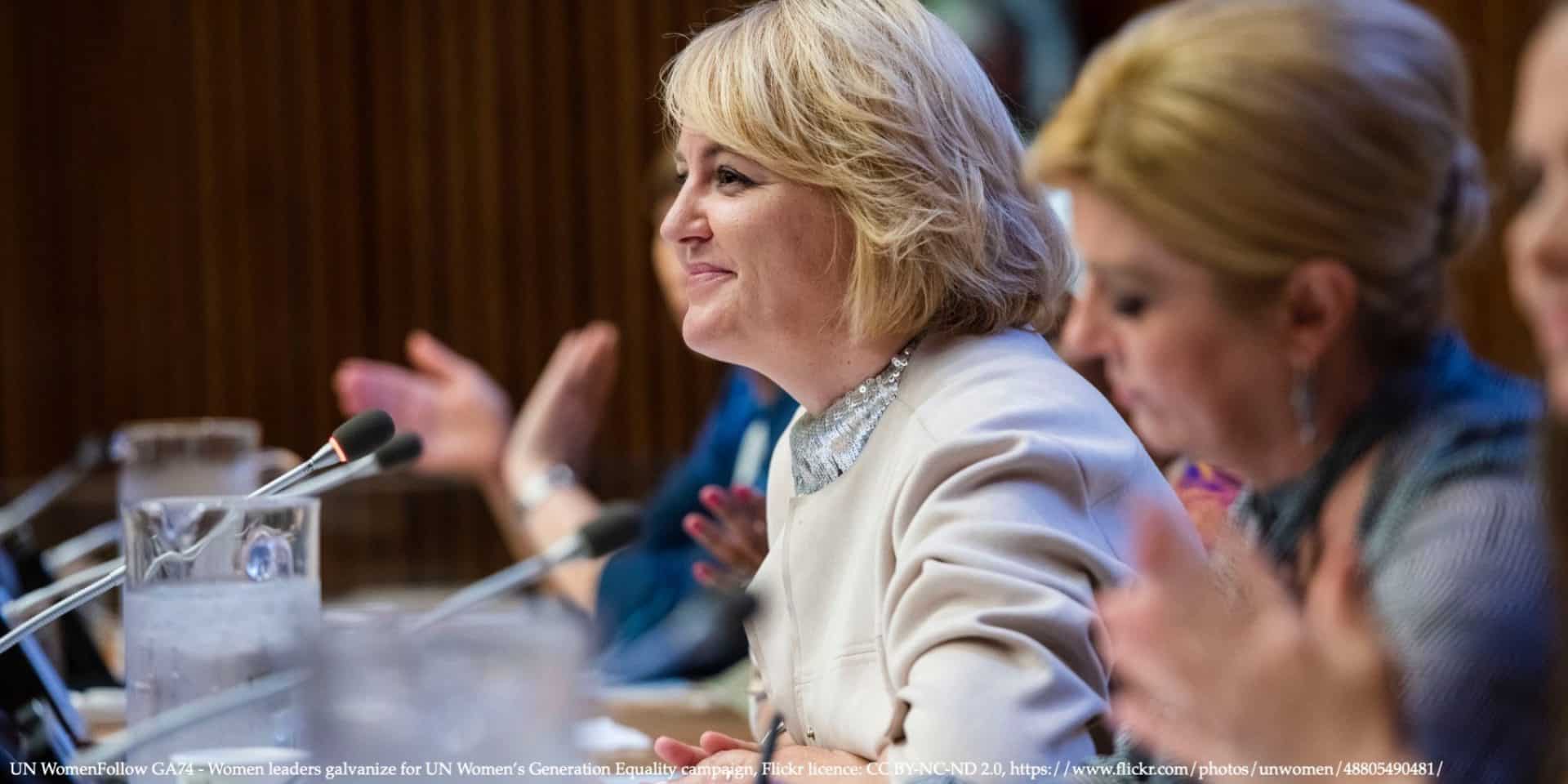Available data suggests that women make up 51% of the US population; however, female representation in politics lingers at 20%. As a matter of fact, the number rose slightly from 18% to the current figure in 2012. Since then, one would have thought the active participation of Hilary Clinton, Sarah Palin, and others would have inspired more females to get onto the political scene. Unfortunately, the numbers have not been too pleasing. Below is a discussion of some top reasons likely responsible for women’s underrepresentation in politics.
- Lack of motivation among females

According to a 2019 npr.org survey, women are more likely to drag their feet in getting involved in the political arena. The survey also revealed that females with active professional careers require a lot more convincing before they would even consider participation in anything connected with politics. The question, therefore, is why this continues to be an issue among qualified females? Several surveys conducted on this topic suggest that women, in general, usually lack enough motivation to venture into politics. Politics is perceived as too public an activity with the potential to strip people of their private lives.
Therefore, in a bid to live quiet lives while attending to pressing matters, politics is pushed farther from the mind. Additionally, women are more likely to see politics as constant public scrutiny, with a tendency to tarnish hard-earned reputations. Indeed, motivation is a crucial reason that deters many women from participating in active politics. Even for the few who have already entered the political arena, pressure from the public continues to pile up. For example, after Joe Biden picked the first-ever female Vice President, public interest in Kamala Harris Net Worth spiked. A simple search on the internet will provide enough information on how interested people have been in her since then.
- Gender gaps in political ambition
Despite impressive academic, professional, and economic credentials, women continue to be at the low end of political ambition. For several decades, the scale has always tilted in favor of the men, making it all the more difficult for interested women to even make the cut. According to Fox and Lawless, the lower ambition among women is attributed to the lack of external encouragement. Moreover, despite a female’s credentials, they are more likely to think the opposite gender has more experience and readiness for politics.
Again, Fox and Lawless believe most women shy away from the intense competition that politics presents. As expected, before a person gets approved for political nomination, the rigid structures demand strict criteria. Moreover, the selection process is extremely robust and can be quite unfriendly. This, therefore, becomes a hurdle that many females would prefer not to get involved with. Strangely, it is not the same for men, which lends credence to the belief that males are more poised for competition than females.
- Domestic pressures

To date, a majority of household chores, i.e., caring for children, running the home, etc., are carried out by women. Contrary to perceptions held by males, these domestic responsibilities are intense, demanding, and quite stressful, especially when these same women combine them with active careers. Therefore, sometimes, when a woman shies away from the political spotlight, it may be more than the lack of motivation. They might be considering the effects on the home if they finally take the step to enter the political domain. Additionally, it might be impossible to leave domestic responsibilities into the hands of a partner, spouse, or other forms of help.
Indeed, the societal pressure on females, especially where domestic responsibilities are concerned, is more than trivial. Indeed, women who have already entered political circles admit that the attention away from home can be quite disturbing. Others admit to feeling guilty for not committing enough time for the home. Either way, something has to give way to allow smooth performance as a female politician.
- Bias in political parties
Political parties are formed on the premise of societal expectations, and as an effect, some biases may exist. For example, for decades, most party nominations have always been geared towards males. For this reason, a move away from the ‘norm’ is usually met with some sentiments and concerns. Long-standing members of political parties tend to believe that moving away from ‘tradition’ may affect the successes and gains made over the years.
Undoubtedly, most of these biases are formed on the ideas of patriarchy. However, it is worth noting that the world continues to change, and what seemed alright decades ago may not exactly be the picture now. In all fairness, some countries have made great strides in pulling women to the fore of their political parties. For example, the US, Ethiopia, New Zealand, Mexico, Sweden, Cuba, etc., have become frontrunners in the race to bring females into active politics.
One school of thought believes that gendered group dynamics is to blame for the biases in political parties. In many cases, it is probably why minor political party roles like secretary, treasurer, etc., are reserved for females. Although these are considered ‘worse’ and ‘diluted’ positions, many women who occupied these roles proved their worth and exceeded expectations.
- Voter bias

A 2018 Krook survey published on oxfordhandbooks.com indicated that the complex structure in political parties flows over to the voter. In essence, voters have been used to the idea of male representation on ballot papers. Therefore, if a woman wins the nomination and seeks voter support, it may not be easy to get the numbers from the public. This is particularly true in communities and societies considered traditional and more conservative.
Indeed, it can be difficult to change these biases in areas where the general perception is geared more towards male participation in politics. Therefore, the only solution may be for female frontrunners to work twice harder as their male counterparts.
To conclude, the underrepresentation of women is a topical issue, but there is hope for change. Fortunately, the scenario is not the same as decades ago. With that said, it will take time to chip away staunch political beliefs held in society.














Add Comment